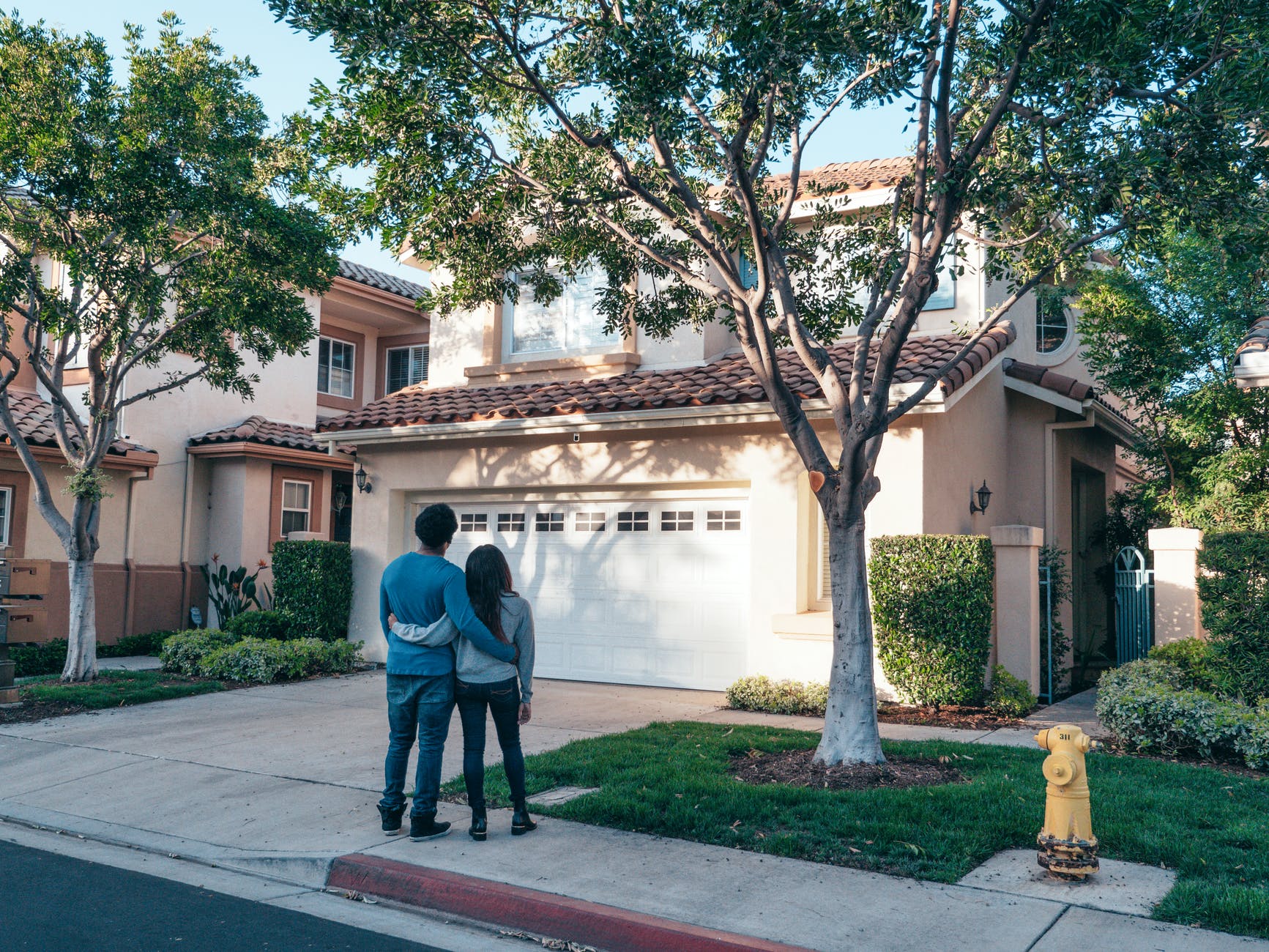What Is A Reverse Mortgage? How Does It Work?

A common concern for many Canadians who are over sixty years old is cash flow. This is when the couple is retired and has no source of income and their savings are about to expire. The cost of living is rising day by day and at this age, you may need medical facilities from time to time for healthy living.
What if there is no one to take care of yourself? And what if your children live in another place or country? Some people do not want to leave their homes and go to other places with their children at their old age. They prefer to stay at the home where they spent more than half of their life. A reverse mortgage loan is the best option for such kinds of people.
What Is A Reverse Mortgage?
A reverse mortgage is also a type of loan. It allows the owners of a home who are older than 62 years to access some portions of their home equity to convert into cash. It is also a secured loan that is secured against the home equity.
If the home has considerable equity value then you can receive money without selling your home. You can get the funds in various ways like a lump sum amount, fixed monthly payments, or line of credit.
Unlike other loans for instance the ones that are taken to buy a home, you do not have to make any payment during your entire life span. It only becomes due when you decide to leave or sell the property.
According to the guidelines of the Federal department, the lenders have to structure the transactions in such a way that the loan does not exceed the home value. Also, the borrower is not responsible to pay the difference if the loan balance exceeds the home’s value. The situation when such a case can arise is if the home’s value drops in the market or the borrower live a long time.
How Is Your Loan Amount Determined?
Usually, the banks and lenders in Canada offer a maximum of 55% of the property’s total value as a loan. The exact loan amount will be determined by many factors such as:
- The age of the borrower
- The type of the property, its condition, and its appraised value
- The location of the house
- The equity in your home
Whenever you decide to move out, sell or leave the property, you will have to pay the loan amount plus interest. You also have the option to transfer the mortgage to another property if you move. And if you repay the loan amount early, you may have to pay penalties as well. While the loan balance could eventually exceed the property’s value in the future, you will still have to pay the value of your home only and not more than that.
Is A Reverse Mortgage The Best Option For You?
If you meet the requirements of a reverse mortgage (i.e. if you are a homeowner and over the age of 55) and are looking for ways to improve your cash flow, this is the best option. If you want to know in detail if a reverse mortgage is the right choice, you need to consider a few things including:
There are some fees & other costs to pay
No doubt, reverse mortgage loans do not charge any payments but the lenders usually charge orientation, closing, and servicing fees. Some of them may charge insurance premiums.
You will owe more over time
As you receive money via reverse mortgage every month, the interest will be added to your balance. This means that the amount that you owe will increase over time as the interest adds up with time. But you need not worry as you do not have to pay for it.
Interest rates can change over time
Many lenders offer variable interest rates on reverse mortgages and these are tied to financial indexes and change with the market. Reverse mortgages that have fixed rates are bound to offer you the loan as a lump sum amount at closing. Further, the loan amount that is taken at a fixed rate is less than the amount you get at variable rates.
You need to pay other home-related costs
The title will remain in your name on getting the reverse mortgage loan. This indicates that you are responsible and have to pay property taxes, utilities, insurance, fuel, maintenance, and other charges. If you do not pay these charges, the lender may ask you to repay the loan.
What Will Happen To Your Spouse?
If your spouse didn’t sign the paperwork, in some situations, the lenders allow your spouse to stay in your home. This is the situation after the browser dies and is only allowed if he/she continues to pay taxes and insurances. On the other hand, if you and your spouse have both signed the papers, both of you can live during your entire lifespan. Both of you will also get money from the lender even after one passes away. Thus, it is suggested to borrow money by co-signing the papers.
If you find this the best option for you and your spouse, you should find a reliable lender in Canada. One of the best and most famous lenders is Canadian Cash Solutions. Do not think that there is no one to take care of you. A reverse mortgage is an option that stays with you till your last breath. Now you can apply for this option online easily.
SHARE
Stay in touch
To be updated with all the latest news, offers and special announcements.







